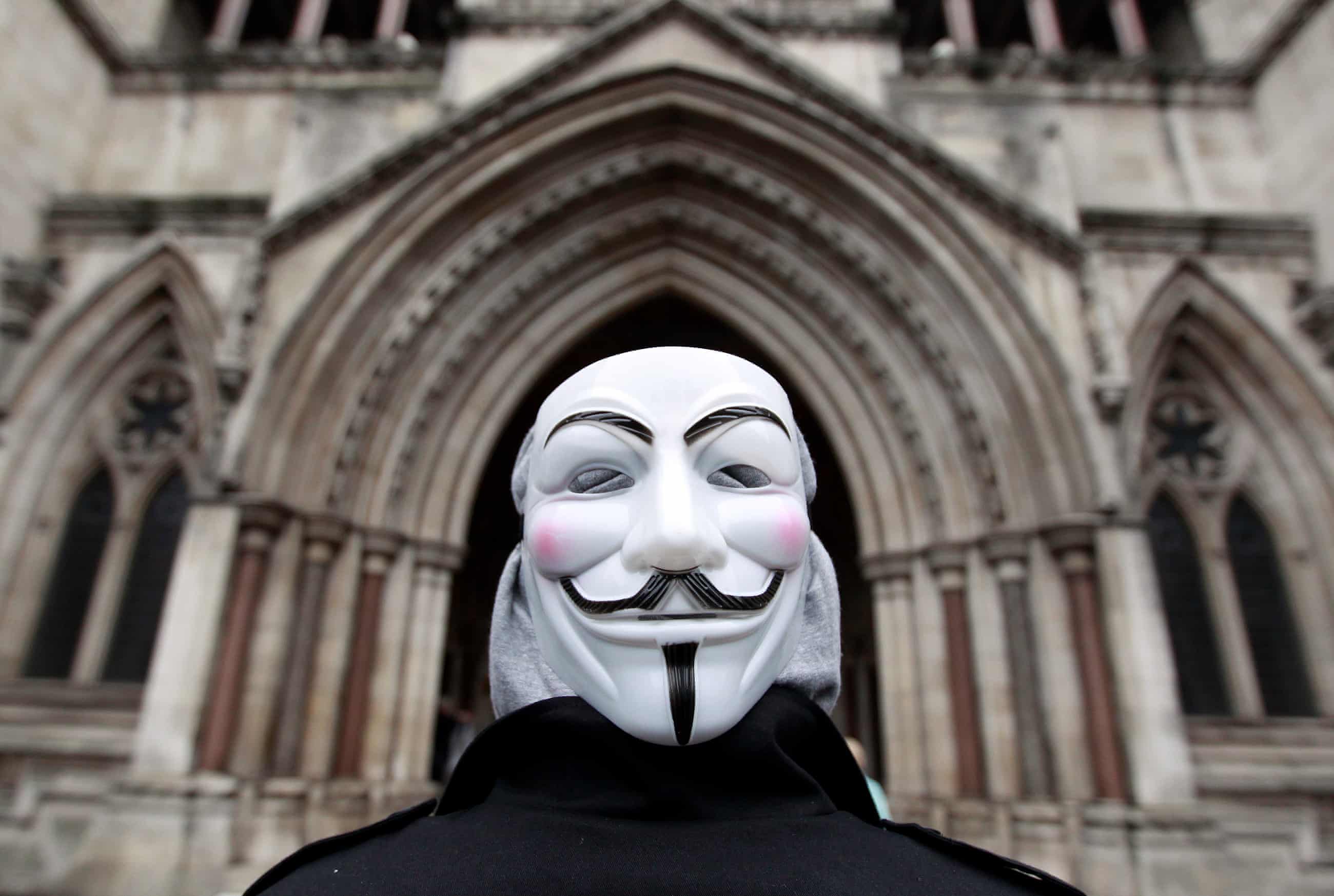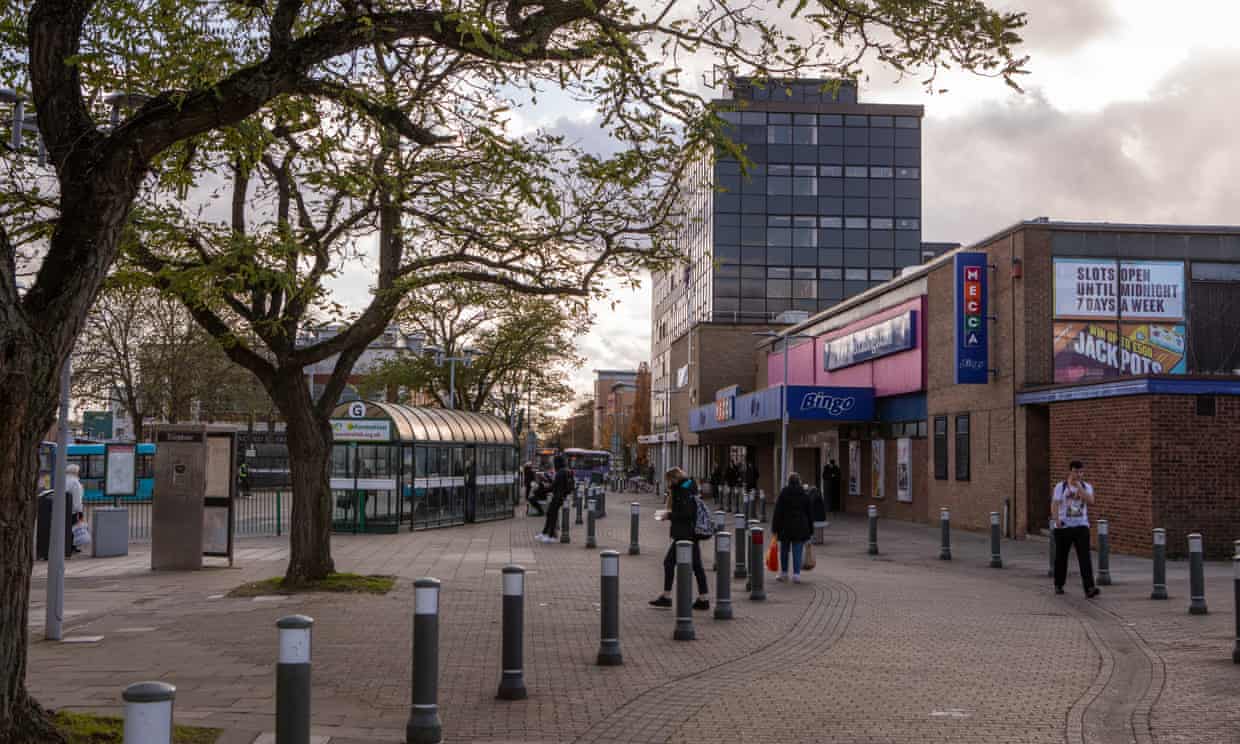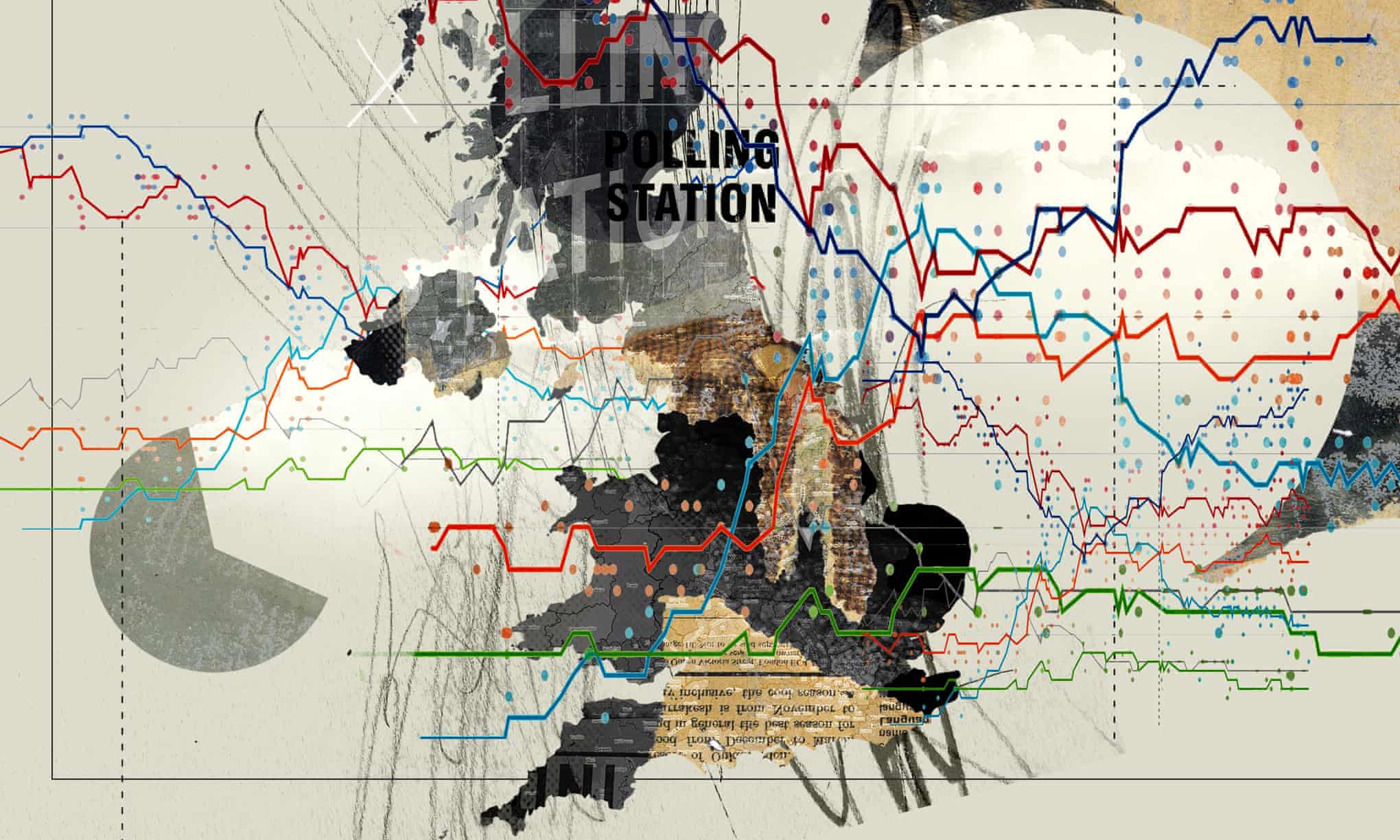The view from Stevenage: 'Even the union rep says he isn't voting Labour'
Saturday 30th November 2019,
, Photograph: Antonio Olmos/The Observer
David (not his real name) is a diehard socialist who finds himself increasingly exasperated with the working class. A manual labourer in Stevenage, he has argued himself hoarse trying to persuade his workmates that Labour in general, and Jeremy Corbyn in particular, can make their lives better.
Given Britain’s history it’s no surprise that racism still infects our politics
Friday 29th November 2019,
, Illustration: Eleanor Shakespeare
As Labour foreign secretary in 1951, Herbert Morrison described independence for African colonies as comparable to giving a child of 10 “a latchkey, a bank account and a shotgun”. In 1955, Winston Churchill told his cabinet he wanted to fight the general election on the slogan: “Keep England White.” In 1964, in Smethwick, West Midlands, a Tory candidate bucked the national trend to win with a campaign slogan: “If you want a nigger for a neighbour vote Labour.” In 1968, Enoch Powell warned there would “rivers of blood” if non-white immigration were not halted. In 1978, Margaret Thatcher referred to Britain being “swamped by people with a different culture” – a phrase repeated by David Blunkett in 2002 in reference to asylum seekers’ children in schools. In 1990 three Liberal Democrats in Tower Hamlets were expelled from the party after distributing a fake Labour leaflet alleging Labour would rehouse homeless Bangladeshis. In 2004, the agent in a byelection campaign, chaired by Tom Watson, emailed the candidate, Phil Woolas, and his campaign manager: “If we don’t get the white vote angry he’s gone.” When a court ruled that Woolas had breached election law by making false statements he received messages of support from both Gordon Brown and Cherie Blair. In 2009, the British National party won two seats in the European parliament. In 2014, Nigel Farage, then the leader of Ukip, said “the basic principle” of Powell’s rivers of blood speech was “correct”: his party topped the poll in the European elections later that year.
Streets on fire: how a decade of protest shaped the world
Saturday 23rd November 2019,
, Photograph: Reuters
In March 2011, I asked a class at an unemployed training centre in Madrid who would be prepared to emigrate to find a job. They all raised their hands. Youth unemployment in Spain stood at 43% – higher than both Egypt and Tunisia. Everyone in the room said most of their friends were unemployed. One in five of those under the age of 30 in Spain were still looking for their first job. Almost every young person I spoke to believed their lives would be harder than their parents’.
After a decade of decay, Labour’s manifesto offers us hope for the future
Friday 22nd November 2019,
, Illustration: Eva Bee
In 2007, the renowned intellectual of the left Stuart Hall was asked if it was hard for him that the more equal world he had argued for his entire life seemed increasingly remote. “I feel the world as stranger to me than I ever felt before,” he replied. “Should we have a political party that believes we should tune ourselves up to the global economy? Of course we should – but not two, or two and a half! It’s when everyone is operating in so many of the same parameters that the only debate you can have is a sort of Swiftian debate ... shall we eat the children now or later on?”
The view from Stevenage: how will the UK's first new town vote?
Saturday 16th November 2019,
, Photograph: Antonio Olmos/The Observer
This is a tale of two Lewises. One, Lewis Silkin, was the minister for town and country planning in Labour’s post-war government. Stevenage, the country’s first new town built in 1946, was his baby. He envisioned it becoming a “gay and bright place” that would take the community-minded “spirit of the slums” and place it in the middle of the countryside with wonderful amenities and good municipal houses with gardens front and back.
The Tories can’t win without the press. This isn’t how democracy works
Friday 15th November 2019,
, Illustration: Nate Kitch/The Guardian
In February 2016, a few months before the referendum, Donald Tusk published the European Council’s draft plans for renegotiating Britain’s relationship with the EU. David Cameron was prepared for the possibility that Tusk’s response would be less than he hoped for – it was a negotiation, after all. But what really shocked the then prime minister were the front pages the next day. “Cameron’s EU deal is a joke”, said the Daily Express; “The great delusion”, barked the Daily Mail; “Ministers defy PM on Europe”, claimed the Telegraph; while the Sun went with “Who do EU think EU are kidding, Mr Cameron?”, which compared the offer to a “steaming pile of manure”.
Stevenage voters: tell us which issues will decide this election
Thursday 14th November 2019,
, Photograph: Antonio Olmos/The Observer
The Guardian will be reporting from Stevenage ahead of the General Election, as part of a series of pieces from across the country focused on finding out what matters to the people who live there.
When Jacob Rees-Mogg lets slip what he really believes, the choices become clear
Friday 8th November 2019,
, Illustration: Ben Jennings
In a recent interview, the Indian novelist and campaigner Arundhati Roy described a tabletop mountain in the Indian state of Odisha as a symbol for who or what will rule the world. “For the mining companies, the mountain is worth the cost of the bauxite that can be mined,” she told me. “For the people … who live on that mountain it’s a water tank [that] has held the water of the monsoons and the plains for centuries. [To them] that bauxite is worth nothing if it’s outside the mountain.” That, she said, raises the question, “Can we leave the bauxite in the mountain?”
‘Childhood is a whirlwind’: Steve McQueen on his mesmerising school photo project
Monday 4th November 2019,
, Photograph: Alicia Canter/The Guardian
Earlier this year, the actor John Cleese, now 80, repeated his claim: “London is no longer an English city.” In 2011, he had told an Australian audience: “I love having different cultures around, but when the parent culture kind of dissipates you’re left thinking: ‘Well, what’s going on?’” He had previously declared: “I love being down in Bath because it feels like the England that I grew up in.”
It's voters, not pollsters, who will write the story of this election
Friday 1st November 2019,
, Illustration: Eleanor Shakespeare
Election night, 2017, at Harrow leisure centre was a tense affair. I had been in the borough for more than a month covering the battle for Harrow West – a Labour-held marginal that was 19th on the Tories’ target list. Labour won it in 1997 with a slim majority and had clung on to it ever since.










